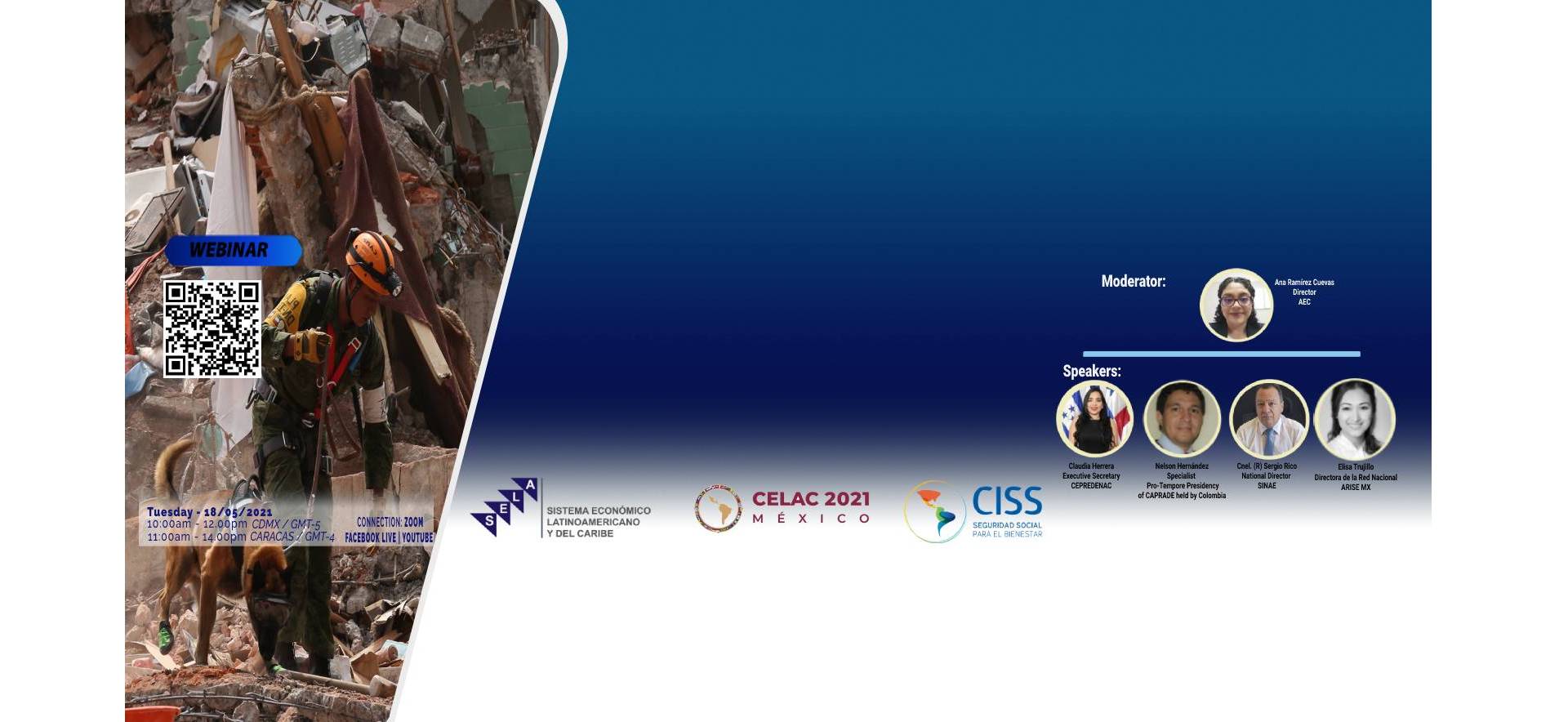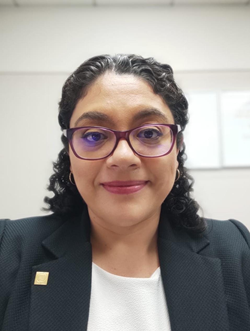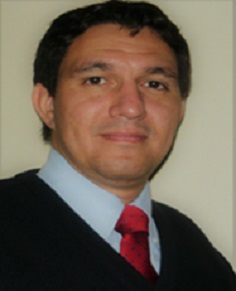Emergencies and natural disasters or from anthropic origin could provoke the interruption of public institution and society operations, demonstrating the vulnerability of government operations, provision of essential public services (water, energy, communications) and protection of population in vulnerable situations. In this context, COVID-19 pandemic reinforced the need of improving strategic and operational plans to face potential catastrophic events of this kind.
In these circumstances, it is desirable that countries have public policies directed to address these adverse situations, securing the stability and continuation of public institutions and the provision of public services to affected population in vulnerable situation.
Social and economic costs of damages from natural disasters are usually a heavy burden for the economy of our countries. Social and economic development of our region could be hampered because of natural disasters, especially if countries do not adopt policies to mitigate their negative impacts. For this reason, the concepts of Continuity of Operations and Continuity of Government are outlined as useful public policies to mitigate the effects of risk situations.
The concept of Continuity of Government (COG) sets up protocols, procedures and legislation, which helps countries to secure their essential operations in circumstances of catastrophic events. On the other hand, Continuity of Operations (COOP) concept contributes to secure the functioning of public institutions and society before a crisis situation or facilitates the immediate restoration of substantial activities.
Experience shows that in the region of Latin American and Caribbean it is required to strengthen the protocols, procedures and legislation to secure the Continuity of Government in case of breakup of the command chain and governance, and the provision of essential public services. It is equally important to keep the cooperation and coordination among local institutions inside the country, and with neighbouring countries at the outside, in order to maintain the operation of governmental institutions, the support to private sector institutions, and the provision of public services to their citizens, especially health services.
Continuity of the Government concept emphasizes the importance of readiness and response before disasters, as rescue and salvage operations, and medical care of victims. At the same time, It is stressed the need of restoration of crucial and essential public services and the maintaining of public safety and order, for which it is decisive to have a basic level of continuity of operations and institutionality that allows the functioning of public and private organizations, in order to avoid the collapse of the State and its public institutions and to ensure that private sector can support and complement recovery actions.
These scenarios will demand the existence of protocols to make sure that officials and authorities are capable to assume their roles during the emergency and could anticipate alternative posts, endowment of equipment, and fast access to required communications and technology and the protection of vital governmental information.
Readiness of social protection institutions, and social security institutions too, before catastrophic situations, is imperative to guarantee a basic level of protection and welfare among the population. For this reason, plans and protocols of COG and COOP must include the social services and benefits institutions, in order to boost a fast economic and social recovery of a country affected by natural disasters.
The response to situations of emergency and disaster must be comprehensive. The process of planning, strategy and assistance requires strategies that facilitate and secure the operative and institutional continuity of social actors and institutions, in order to deal address the risks. These elements are expressed in protocols or operation plans.
Elaboration of Protocols ensured that institutions are in capacity to identify their critical functions and essential tasks; that authorities and officials are capable to assume their roles during the emergency, and they know their interdependence with other organizations, especially from the private sector; and to define which positions will assume the authority delegated by the institution´s leadership, in order to address specific tasks.
Planning process ensures the functionality of a country, protects their economic stability and provides a comprehensive public safety level to the population. On the other hand, social protection tries to guarantee that population is able to satisfy its basic needs, through financial resources or specific services. The essential purpose of any social protection institution is to protect the population and to make secured and resilient communities, capable of deal, operate and recover from adverse situation, for which it is imperative the readiness of this key sector.
In conclusion, governmental institutions must maintain their response capacity before catastrophic situations. For this reason, it is imperative to establish public policies which include advance foresight and the reduction of elements of surprise on unfavourable incidents, mainly in social security and protection, which is closely linked to governments but to the private sectors too. The institutions will be better prepared to deal with disaster situations if they already count with programs and protocols.











